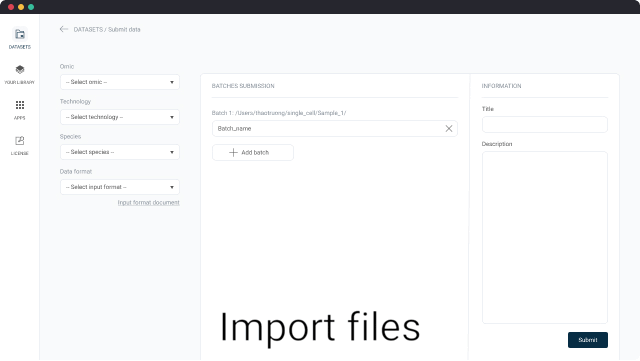Conserved transcriptional connectivity of regulatory T cells in the tumor microenvironment informs new combination cancer therapy strategies
Ariella Glasner, Samuel A. Rose, Roshan Sharma, Herman Gudjonson, Tinyi Chu, Jesse A. Green, Sham Rampersaud, Izabella K. Valdez, Emma S. Andretta, Bahawar S. Dhillon, Michail Schizas, Stanislav Dikiy, Alejandra Mendoza, Wei Hu, Zhong-Min Wang, Ojasvi Chaudhary, Tianhao Xu, Linas Mazutis, Gabrielle Rizzuto, Alvaro Quintanal-Villalonga, Parvathy Manoj, Elisa de Stanchina, Charles M. Rudin, Dana Pe’er, Alexander Y. Rudensky
Abstract
While regulatory T (Treg) cells are traditionally viewed as professional suppressors of antigen presenting cells and effector T cells in both autoimmunity and cancer, recent findings of distinct Treg cell functions in tissue maintenance suggest that their regulatory purview extends to a wider range of cells and is broader than previously assumed. To elucidate tumoral Treg cell ‘connectivity’ to diverse tumor-supporting accessory cell types, we explored immediate early changes in their single-cell transcriptomes upon punctual Treg cell depletion in experimental lung cancer and injury-induced inflammation. Before any notable T cell activation and inflammation, fibroblasts, endothelial and myeloid cells exhibited pronounced changes in their gene expression in both cancer and injury settings. Factor analysis revealed shared Treg cell-dependent gene programs, foremost, prominent upregulation of VEGF and CCR2 signaling-related genes upon Treg cell deprivation in either setting, as well as in Treg cell-poor versus Treg cell-rich human lung adenocarcinomas. Accordingly, punctual Treg cell depletion combined with short-term VEGF blockade showed markedly improved control of PD-1 blockade-resistant lung adenocarcinoma progression in mice compared to the corresponding monotherapies, highlighting a promising factor-based querying approach to elucidating new rational combination treatments of solid organ cancers.
Datasets
1. Transcriptional connectivity of regulatory T cells in the tumor microenvironment informs novel combination cancer therapy strategies

Analyze this study
Source data
https://cellxgene.cziscience.com/collections/efd94500-1fdc-4e28-9e9f-a309d0154e21
Alias names
HTAN MSK, phs002371, PMID37127830, PMC10232368
Cite this study
Glasner, A., Rose, S.A., Sharma, R., Gudjonson, H., Chu, T., Green, J.A., Rampersaud, S., Valdez, I.K., Andretta, E.S., Dhillon, B.S. and Schizas, M., 2023. Conserved transcriptional connectivity of regulatory T cells in the tumor microenvironment informs new combination cancer therapy strategies. Nature immunology, 24(6), pp.1020-1035. https://doi.org/10.1038/s41590-023-01504-2
